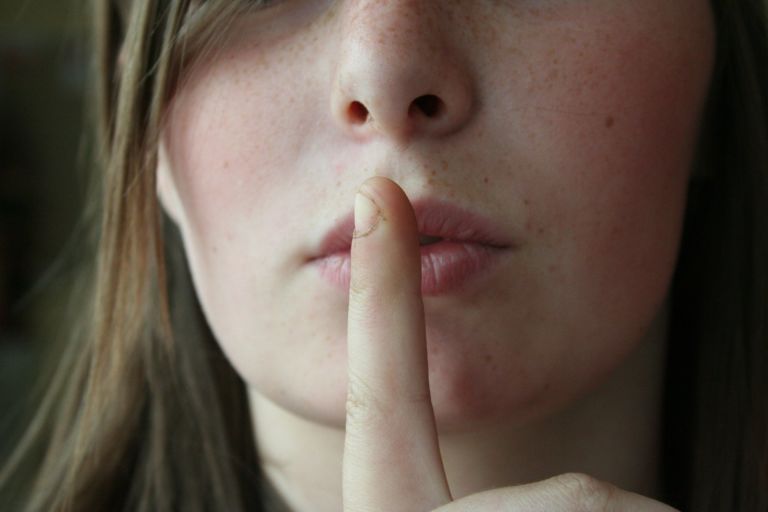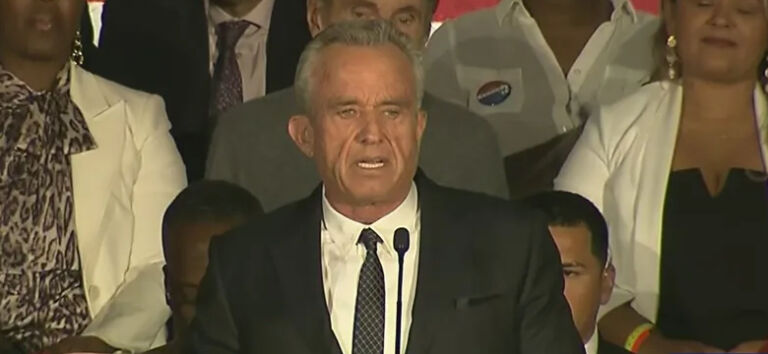Jonathan Turley writes for The Hill about Twitter’s response to entrepreneur Elon Musk’s takeover attempt.
Twitter’s board of directors gathered this week to sign what sounds like a suicide pact. It unanimously voted to swallow a “poison pill” to tank the value of the social media giant’s shares rather than allow billionaire Elon Musk to buy the company.
The move is one way to fend off hostile takeovers, but what is different in this case is the added source of the hostility: Twitter and many liberals are apoplectic over Musk’s call for free speech protections on the site.
Company boards have a fiduciary duty to do what is best for shareholders, which usually is measured in share values. Twitter has long done the opposite. It has virtually written off many conservatives — and a large portion of its prospective market — with years of arbitrary censorship of dissenting views on everything from gender identity to global warming, election fraud and the pandemic. Most recently, Twitter suspended a group, Libs of Tik Tok, for “hateful conduct.” The conduct? Reposting what liberals have said about themselves.
The company seemingly has written off free speech too. Twitter CEO Parag Agrawal was asked how Twitter would balance its efforts to combat misinformation with wanting to “protect free speech as a core value” and to respect the First Amendment. He responded dismissively that the company is “not to be bound by the First Amendment” and will regulate content as “reflective of things that we believe lead to a healthier public conversation.” Agrawal said the company would “focus less on thinking about free speech” because “speech is easy on the internet. Most people can speak. Where our role is particularly emphasized is who can be heard.”
Not surprisingly, selling censorship is not a big hit with most consumers, particularly from a communications or social media company.


